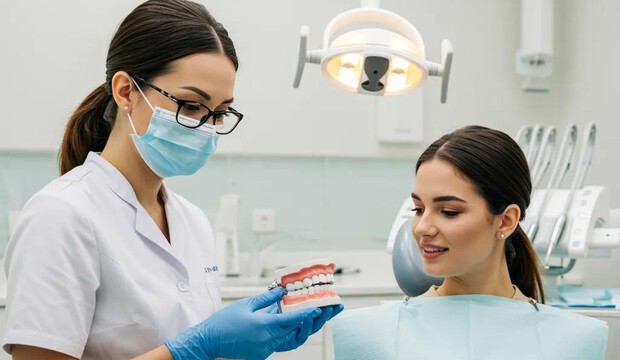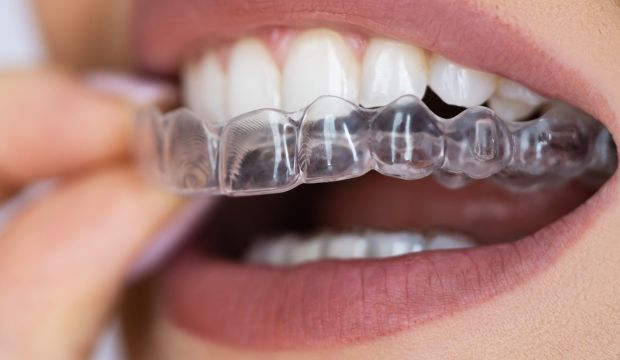
If you often wake up with jaw pain, headaches, clicking sounds while chewing or a feeling that your jaw is...

If you often wake up with jaw pain, headaches, clicking sounds while chewing or a feeling that your jaw is...

Nighttime is when your mind finally slows down, your house becomes quiet and your body prepares for rest. That’s usually...

For many of us, coffee is the first thing we reach for in the morning. It wakes us up, gives...

Many people love the fizz, flavor, and refreshment of an ice-cold Coke. But have you ever wondered what it’s really...

Cosmetic Dental Bonding Procedure: Complete Guide to Benefits, Costs, and Steps Cosmetic dental bonding is a minimally invasive restorative procedure...

Invisalign Clear Aligners Sacramento: Your Complete Guide to Cost, Benefits, and Treatment Time Invisalign clear aligners are a modern, nearly...

Overdentures for Stability: Your Complete Guide to Secure, Comfortable Denture Solutions Overdentures are removable or fixed dental prostheses that gain...

A confident smile can change the way you feel about yourself and how others see you. The good news is,...

If your heart beats a little faster when someone says “dentist,” you’re not alone. Dental anxiety is more common than...
Quick Links
Services
Areas We Serve
Contact info
Open hours